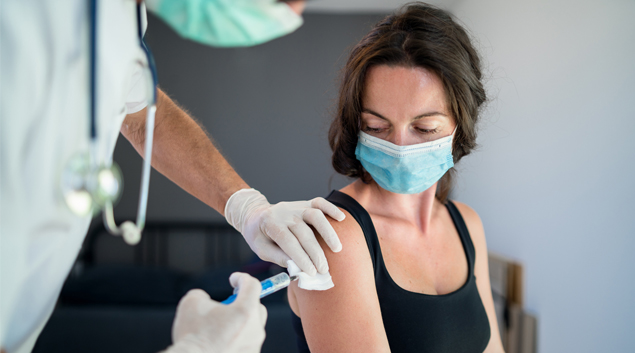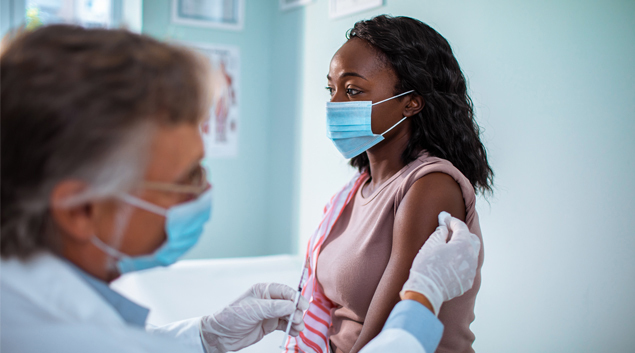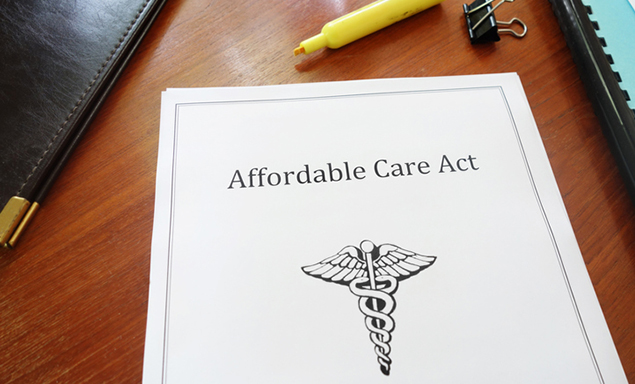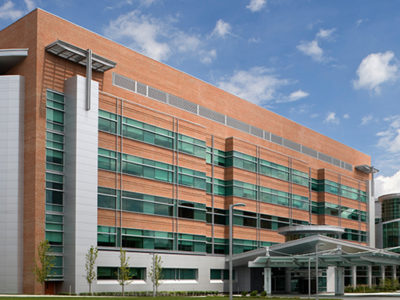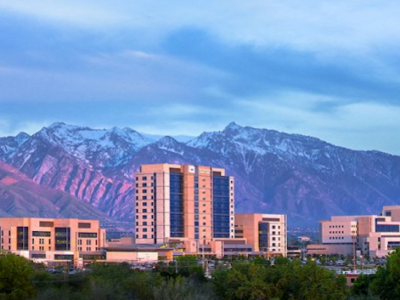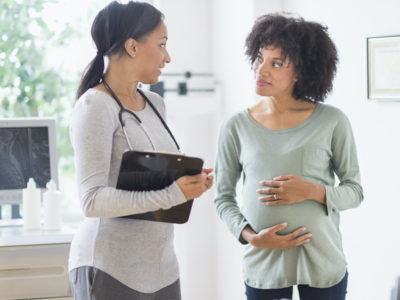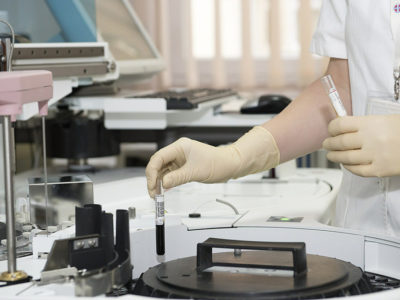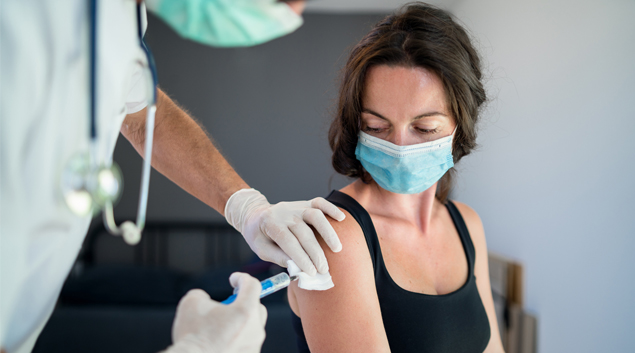
The primary COVID-19 vaccine has acquired emergency use authorization. But a key query stays: Will U.S. adults be prepared to get it?
A brand new research led by a Virginia Commonwealth College professor is among the many first to look at the psychological and social predictors of adults’ willingness to get a future COVID-19 vaccine and whether or not these predictors differ underneath an emergency use authorization launch of the vaccine.
“Willingness to Get the COVID-19 Vaccine with and with out Emergency Use Authorization,” printed within the American Journal of An infection Management, concerned a survey of 788 U.S. adults, and located that 59.9% of respondents have been positively or most likely planning to obtain a future coronavirus vaccine, whereas 18.8% have been impartial and 21.3% have been most likely or positively not planning to get it.
HIMSS20 Digital
Be taught on-demand, earn credit score, discover merchandise and options. Get Began >>
WHAT’S THE IMPACT?
When requested if they’d get the vaccine underneath an emergency use authorization, 46.9% of respondents mentioned they have been positively, doubtless or considerably prepared to take action, whereas 53.1% mentioned they have been positively, doubtless or considerably unwilling to take action.
This indicated trepidation amongst sufferers in the case of vaccines authorized underneath emergency use authorization. Issues about unwanted side effects have been additionally a big barrier, and on condition that there have been unwanted side effects reported in some individuals with each the Pfizer and Moderna vaccines, that will sign additional hesitancy.
There have been additionally troubling disparities amongst demographic teams. For instance, youthful respondents have been extra doubtless than older respondents to precise a willingness to get the vaccine. And the research discovered that white respondents have been extra doubtless than Black respondents to be prepared to get the vaccine, both underneath emergency use authorization or common Meals and Drug Administration approval.
What makes that significantly worrying is that Black People are contaminated with COVID-19 considerably extra regularly than white People, and are additionally extra more likely to die from the virus – byproducts of what the authors recommend is a historical past of medical mistreatment of African People.
This historical past results in a wariness of the vaccine that the authors say is comprehensible, and necessitates a communication marketing campaign to alleviate distrust and every other further issues.
Important predictors of a willingness to get the coronavirus vaccine included training stage and having medical insurance, in addition to a excessive perceived susceptibility to COVID-19. Predictors of a willingness to get the vaccine underneath an emergency use authorization included age and race/ethnicity.
The findings might assist form well being communications and messaging because the distribution of the vaccines begins throughout the nation. It means that messages ought to deal with issues in regards to the COVID-19 vaccine and its improvement – and reinforce its advantages. It additionally means that these efforts might have to transcend simply communications campaigns that appropriate misinformation a few vaccine to focus on re-establishing public belief in authorities businesses and medication.
THE LARGER TREND
Distribution of the Pfizer/BioNTech vaccine started in the US yesterday and had already begun in the UK, with a concentrate on inoculating healthcare employees. Whereas some with a big historical past of allergic reactions have had antagonistic reactions to the vaccine, the impact is delicate on most individuals and is in comparison with the sensation one will get after receiving a flu shot.
As a vaccine turns into out there, greater than a 3rd of adults say they’re unwilling to take it, based on the personal nonprofit Worker Profit Analysis Institute and impartial analysis agency Greenwald Analysis, which launched their annual Client Engagement in Well being Care Survey.
The CEHCS discovered that solely 55% of the grownup inhabitants was prepared to obtain a COVID-19 vaccine, and 24% mentioned they’d not get the vaccine. 9 % mentioned that it relies upon, and 12% have been not sure.
